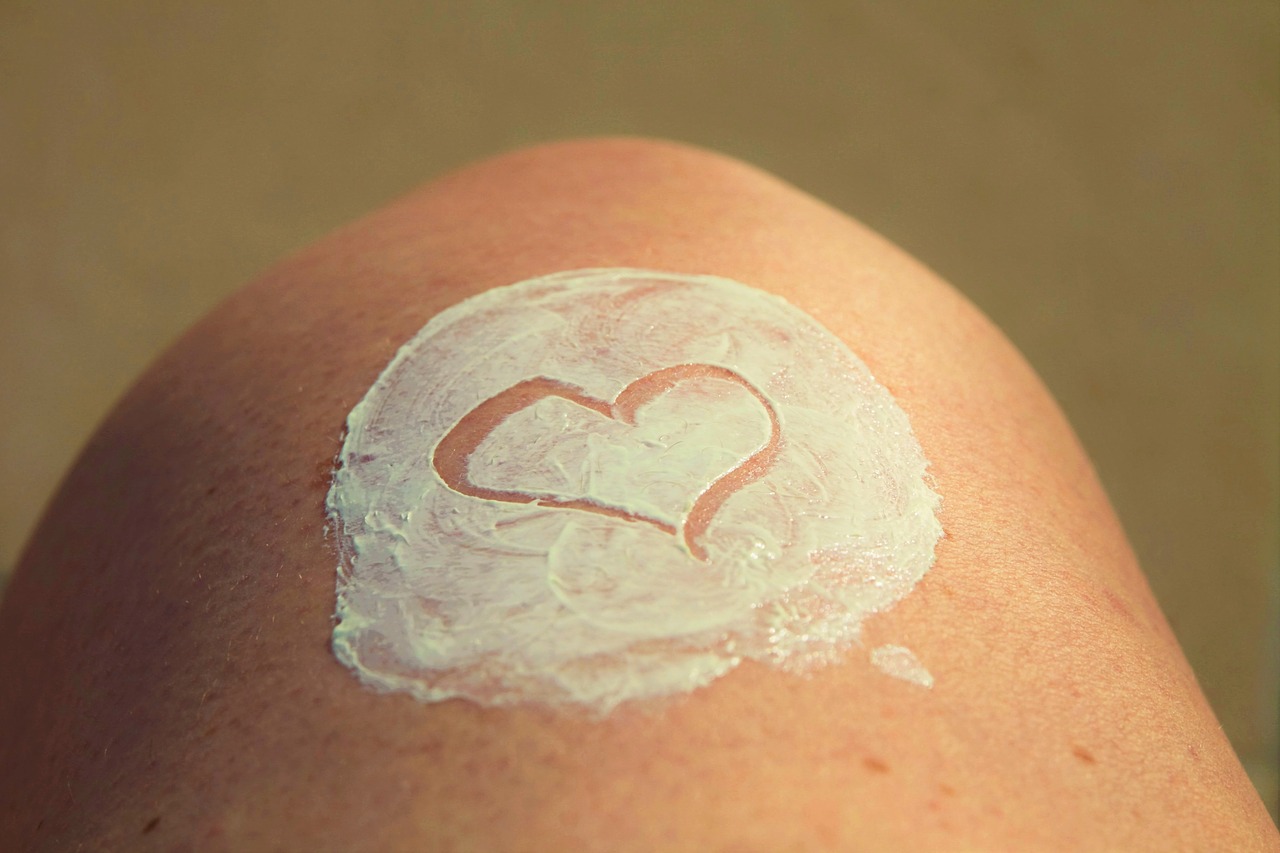Primary Prevention & Lifestyle (11)
How to Build a Proper Skincare Routine
- Published in Primary Prevention & Lifestyle
- Written by Christine

As much as we want to keep the effortless, glowing skin from our early twenties forever, unfortunately, our skin starts to change as we grow older. Some of these changes include less elasticity, thinning skin, wrinkles, fine lines, and more moles, freckles, and age spots. However, you don’t have to accept this as an inevitable fate if you make a conscious effort to take care of it. Great skin can still be possible even with aging, depending on how you care for your skin and the products you use. Let’s dive into a great skincare routine to help you achieve the beautiful and radiant skin you absolutely deserve no matter what age you are! We’ve put together some skincare tips and a step-by-step guide to building an ideal skincare regimen that can help get you back on track to beautiful skin! Keep reading.
Article Tags
How to Reduce Under Eye Wrinkles
- Published in Primary Prevention & Lifestyle
- Written by Christine
Best Ways to Get Radiant, Beautiful Skin
- Published in Primary Prevention & Lifestyle
- Written by Christine
Exercise – much more than just a calorie burning tool
- Published in Primary Prevention & Lifestyle
- Written by Monica
Article Tags
Metformin: is it an anti-aging pill?
- Published in Primary Prevention & Lifestyle
- Written by Monica

Article Tags
Blood Testing - why?
- Published in Primary Prevention & Lifestyle
- Written by Monica
Got Elevated Liver Enzymes? - Here's How To Interpret Your Liver Function Tests
- Published in Primary Prevention & Lifestyle
- Written by Monica

Article Tags
Biological Aging in Young Adults - Can it be measured? Does it matter?
- Published in Primary Prevention & Lifestyle
- Written by Monica
Aspirin – can it save you from heart disease or cancer?
- Published in Primary Prevention & Lifestyle
- Written by Monica

Article Tags
Primary Prevention as an Anti-Aging Strategy - the importance of starting down the right path
- Published in Primary Prevention & Lifestyle
- Written by Monica








